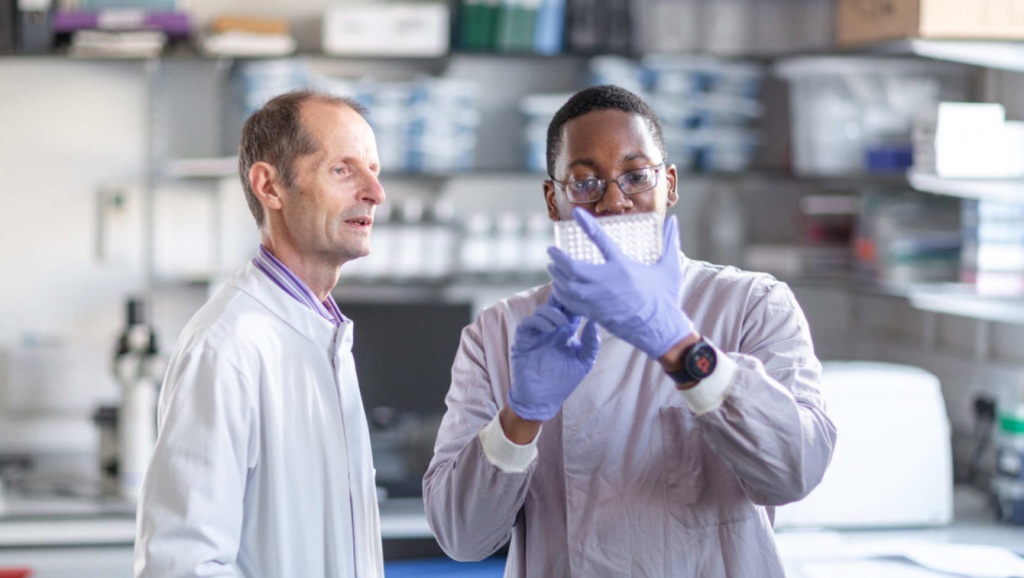


Clinical researchers will begin trials of a new coronavirus vaccine developed by Government-funded Imperial College COVID-19 vaccine on first human.
Beginning this week, the study will be the first time the vaccine has been trialled in humans and will test whether it is well-tolerated and produces an effective immune response against COVID-19.
This latest milestone follows £41 million in government funding towards the development of Imperial College London’s vaccine. A further £5 million of philanthropic gifts, including from hundreds of members of the public, has accelerated the work.
The trials will be the first test of a new self-amplifying RNA technology, which has the potential to revolutionise vaccine development and enable scientists to respond more quickly to emerging diseases.
The vaccine has undergone rigorous pre-clinical safety tests and has been shown to be safe and produced encouraging signs of an effective immune response in animal studies. Over the coming weeks, 300 healthy participants will receive two doses of the vaccine.
Many traditional vaccines are based on a weakened or modified form of virus, or parts of it, but the Imperial vaccine is based on a new approach. It uses synthetic strands of genetic code (called RNA), based on the virus’s genetic material.
If the vaccine shows a promising immune response, then larger Phase III trials would be planned to begin later in the year with around 6000 healthy volunteers to test its effectiveness.
Ultimately, the researchers hope that if clinical trials are successful, the vaccine could provide protection against COVID-19 both in the UK and around the world.
Professor Robin Shattock, from the Department of Infectious Disease at Imperial and who is leading the work, said: The COVID-19 pandemic has claimed thousands of lives and had a huge impact on daily life. In the long-term, a viable vaccine could be vital for protecting the most vulnerable, enabling restrictions to be eased and helping people to get back to normal life.
Business Secretary, Alok Sharma, said: I am incredibly proud the vaccine being developed by Imperial College London is one of the world’s front-runners. We are fully backing its research with over £40 million government funding, as part of our wider vaccines development programme.
The fast progress of Imperial’s vaccine is testament to the ingenuity and tenacity of Britain’s researchers. If these trials are successful a vaccine will not only help us tackle coronavirus but also emerging diseases now and into the future.
Kate Bingham, Vaccine Taskforce Chair, said: I am delighted that Imperial College have so quickly advanced to the clinical trial stage. Their self-amplifying technology has the potential to be a real game-changer, not only for a COVID-19 vaccine but for the development of future vaccines. It’s a great example of the world-leading life sciences sector in this country.
By backing Imperial College London and their alternative vaccine platform, we have enhanced the UK’s vaccine portfolio, increasing our chances of identifying a successful vaccine.

Kindly follow us on twitter:@AfricanVoice2









